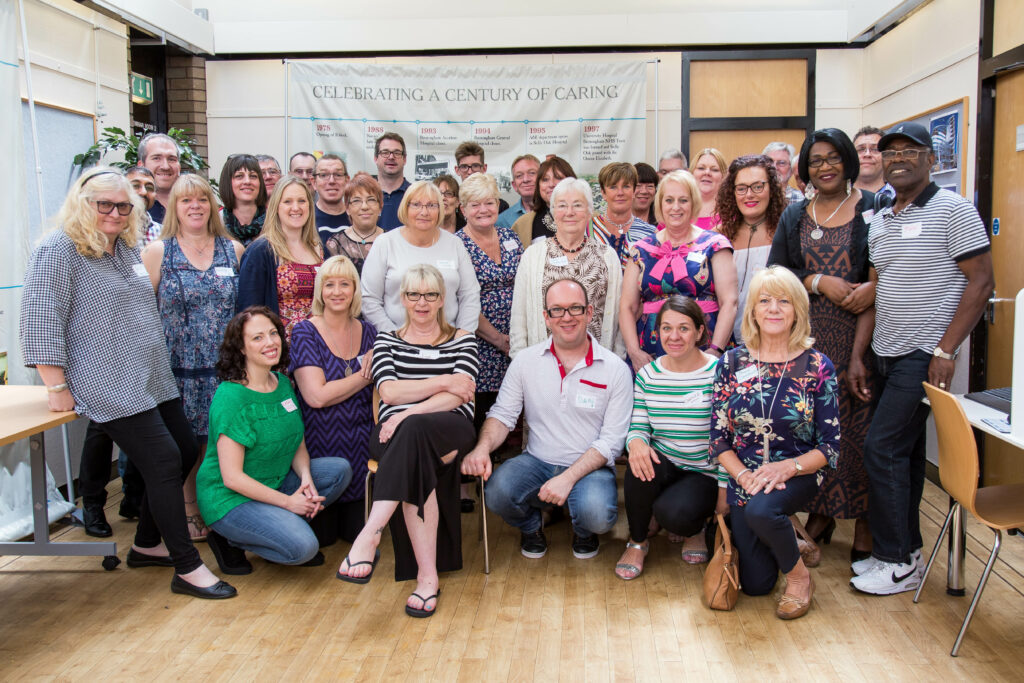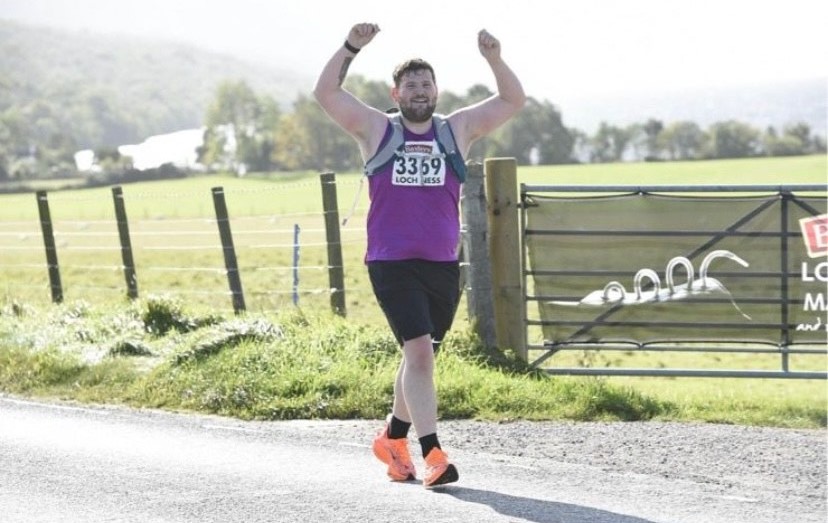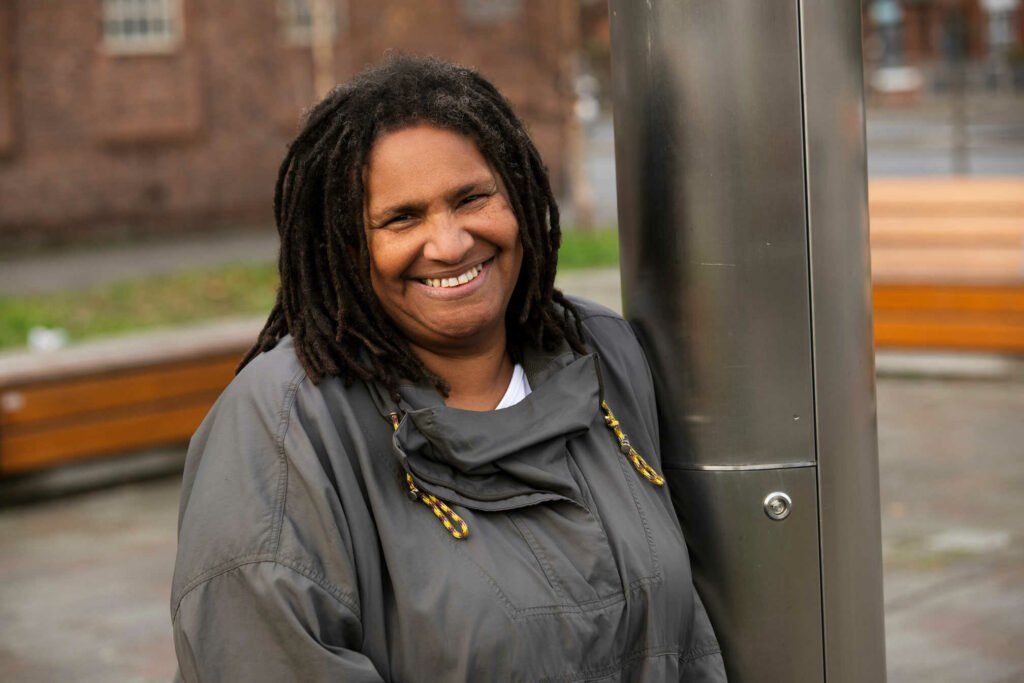For Rare Disease Day 2025, Emily shares her story of how a thunderclap headache and numb leg led her to be diagnosed with pituitary apoplexy and acromegaly.
Emily’s story
At just 22 years old, my life was turned upside down after a sudden medical crisis led to a brain surgery that would change my life forever. What began as an unexpected thunder clap headache, combined with a numb leg, became a life-threatening emergency when doctors discovered a brain apoplexy (bleed) caused by a tumour, and a rare condition known as acromegaly.
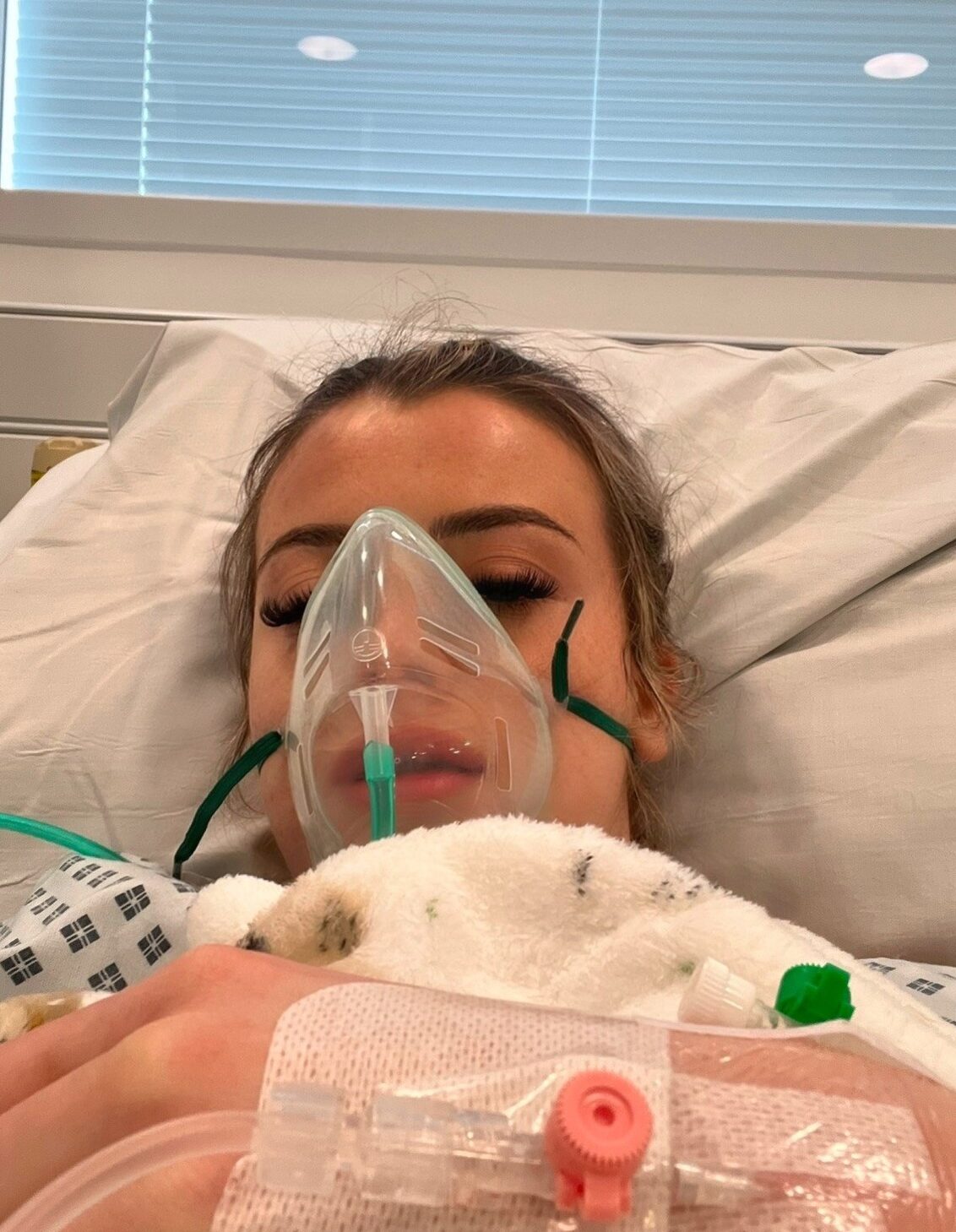
Prior to this, I had always been healthy, full of energy and the happiest in the room but this all changed when I experienced a sudden bleed in my brain; an event known as a pituitary apoplexy. The tumour, which had been quietly growing in my pituitary gland, was secreting excess growth hormones, leading to a range of disturbing symptoms that I had struggled with but hadn’t fully understood until that moment. I had no idea what was happening to me.
Consultants quickly diagnosed me with acromegaly – a rare disorder caused by a tumour on my pituitary gland that releases excessive growth hormone into the body.
The operation to remove the tumour was urgent. The longer the tumour remained, the greater the risk to my life. I didn’t know what to think when they told me how serious it was. My world just seemed to stop.
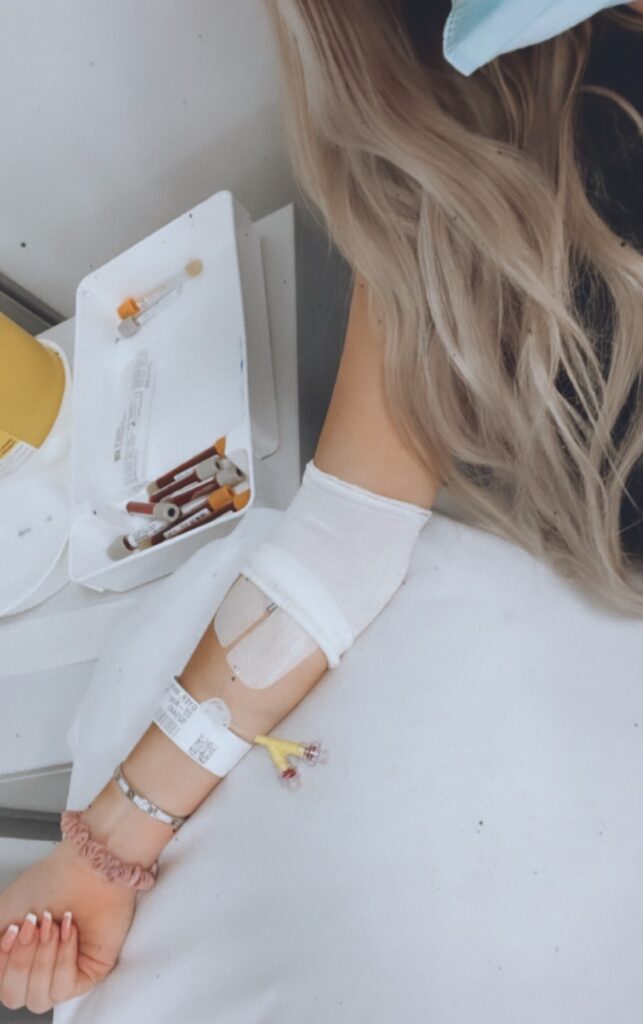
The surgery was a success (for now) but the road to recovery was far more difficult than I could have anticipated. Over the following weeks and years, my physical and emotional world was turned upside down. In the hospital, I endured more than 589 blood tests, MRI scans, CT scans, PET scans, ultrasounds, X-Rays, glucose intolerance tests, eye tests and more, as doctors worked tirelessly to monitor my condition. Each needle, each test, was a reminder of the fragility of my body and my future.
There were days when I felt like a pin cushion. It was hard to keep track of how many blood tests I had but I knew they were doing everything they could to help me.
While the surgery saved my life, the physical toll was huge. The changes caused by the tumour — and the subsequent removal of it — altered my body in ways I wasn’t prepared for.
Thankfully, throughout my recovery, I was never alone. My parents, who had been by my side since the first terrifying moments in the hospital, were my constant source of support. I couldn’t have made it through without them. They were there every step of the way. Mum sat with me through the long nights and Dad kept telling me I was going to be okay, even when I didn’t believe it. My Dad even went on to run a marathon to raise money for The Pituitary Foundation.
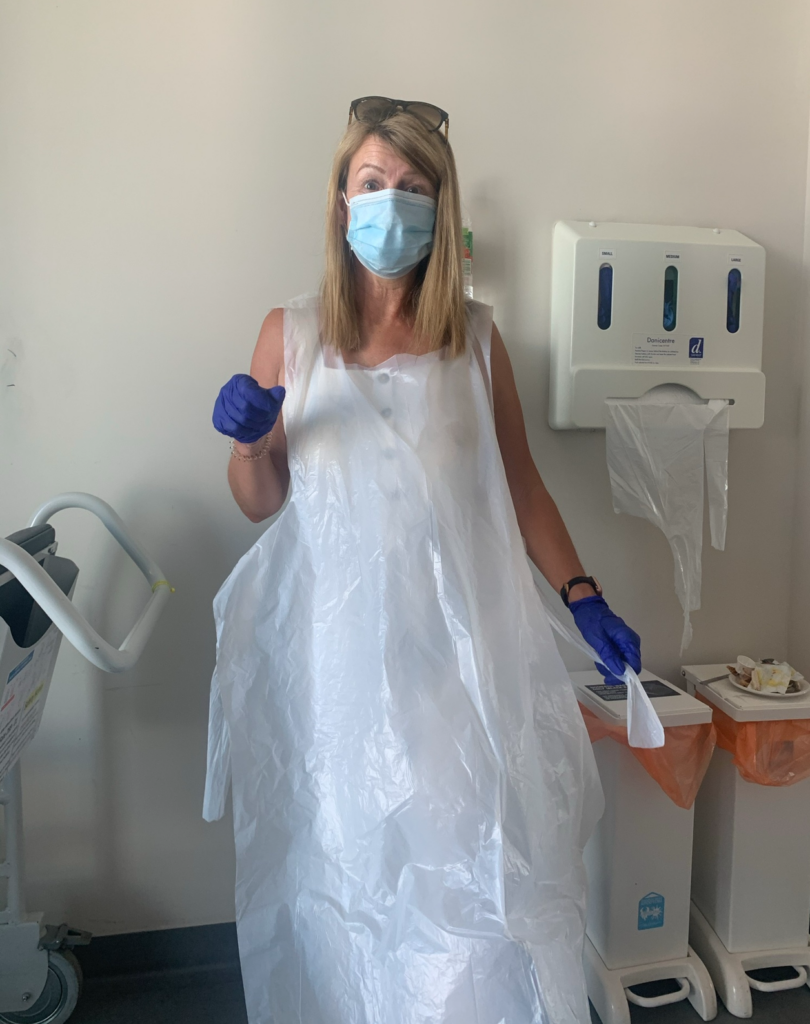
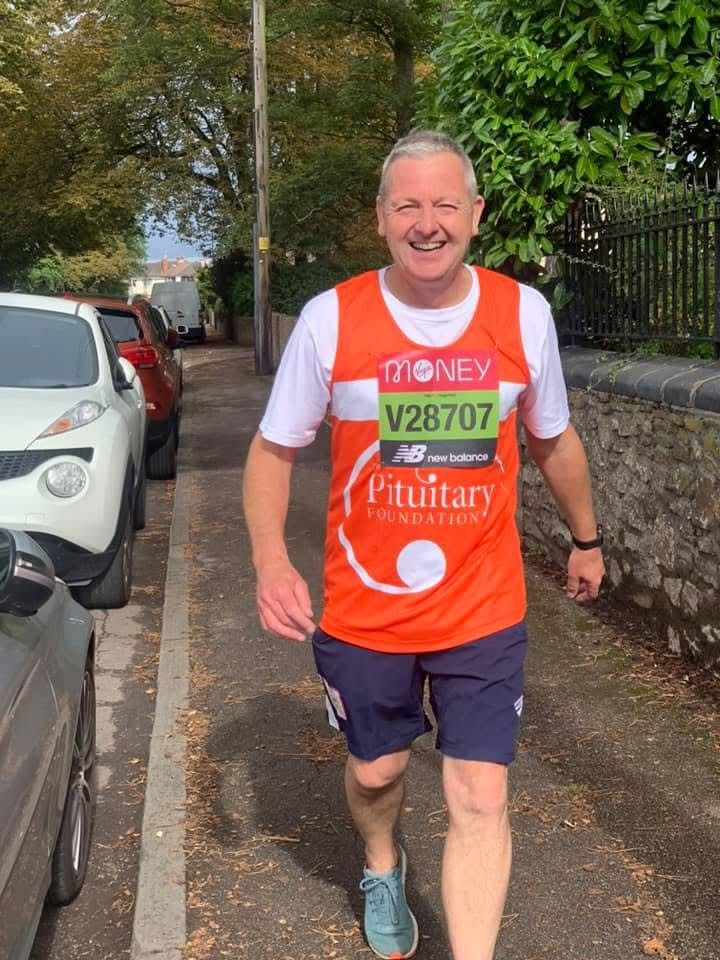
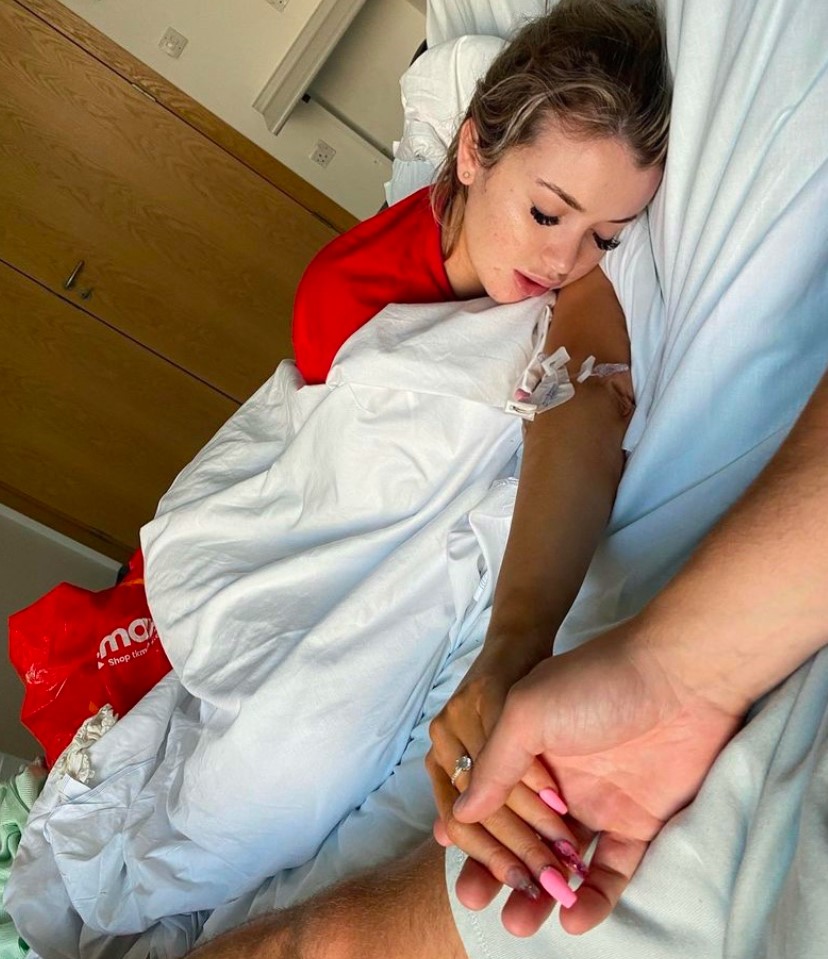
My partner was also a huge source of support for me. He never left my side. He would talk to me, hold my hand and remind me that we were in this together. I don’t know what I would have done without him.
During the worst of it, I also found comfort in Remi, my little cavapoo. Every time I was scared or upset, she’d jump up on the bed and curl up next to me and made me feel less alone.
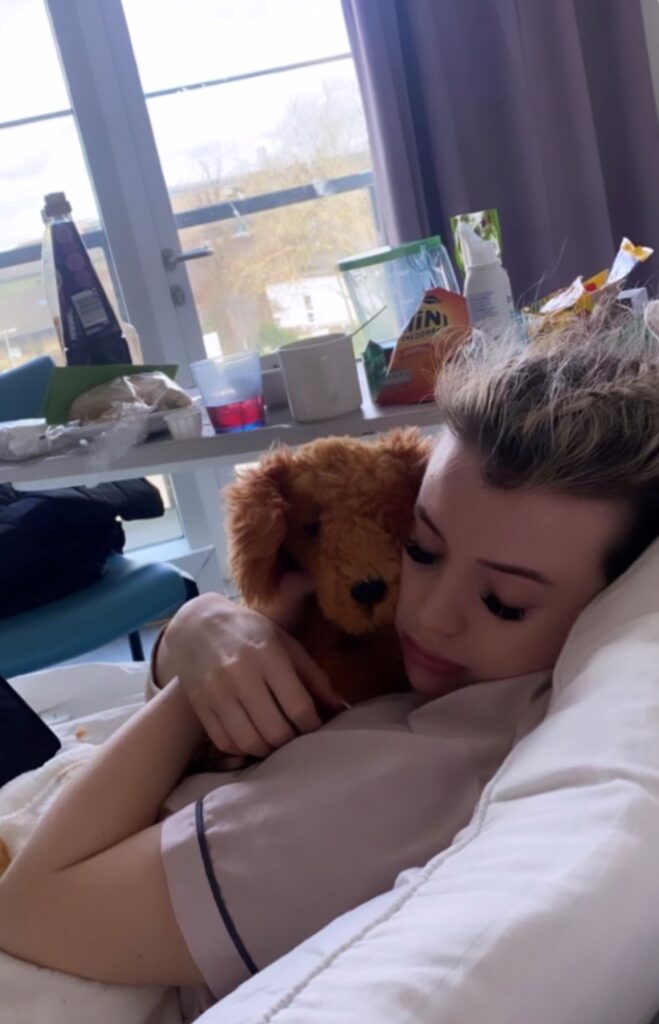

I’m still recovering and the emotional and physical challenges have been overwhelming at times. The lingering effects of the tumour and the surgery have left me with changes to my body, my health and my sense of self. But I still want to find a way to move forward.
I’ll never be the same person I was before but I’ve learned that strength doesn’t always mean being the same. It means pushing through the pain, finding hope when you feel like giving up, and knowing that there are people who love you no matter what. Life can change in an instant, but if there’s one thing I’ve learned through all of this, it’s that you can always find a way to rise above. Not every disability is visible!!
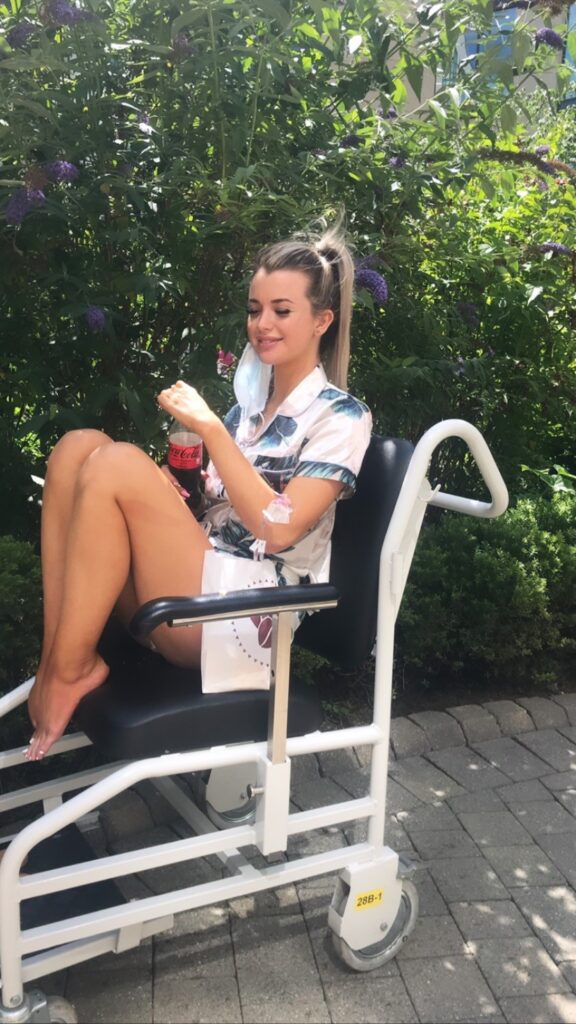

Thank you Emily for sharing your story. If you would like to share your story with the community, please email [email protected]. All opinions and experiences expressed in stories are those of the community member and do not necessarily reflect the views and opinions of The Pituitary Foundation.








